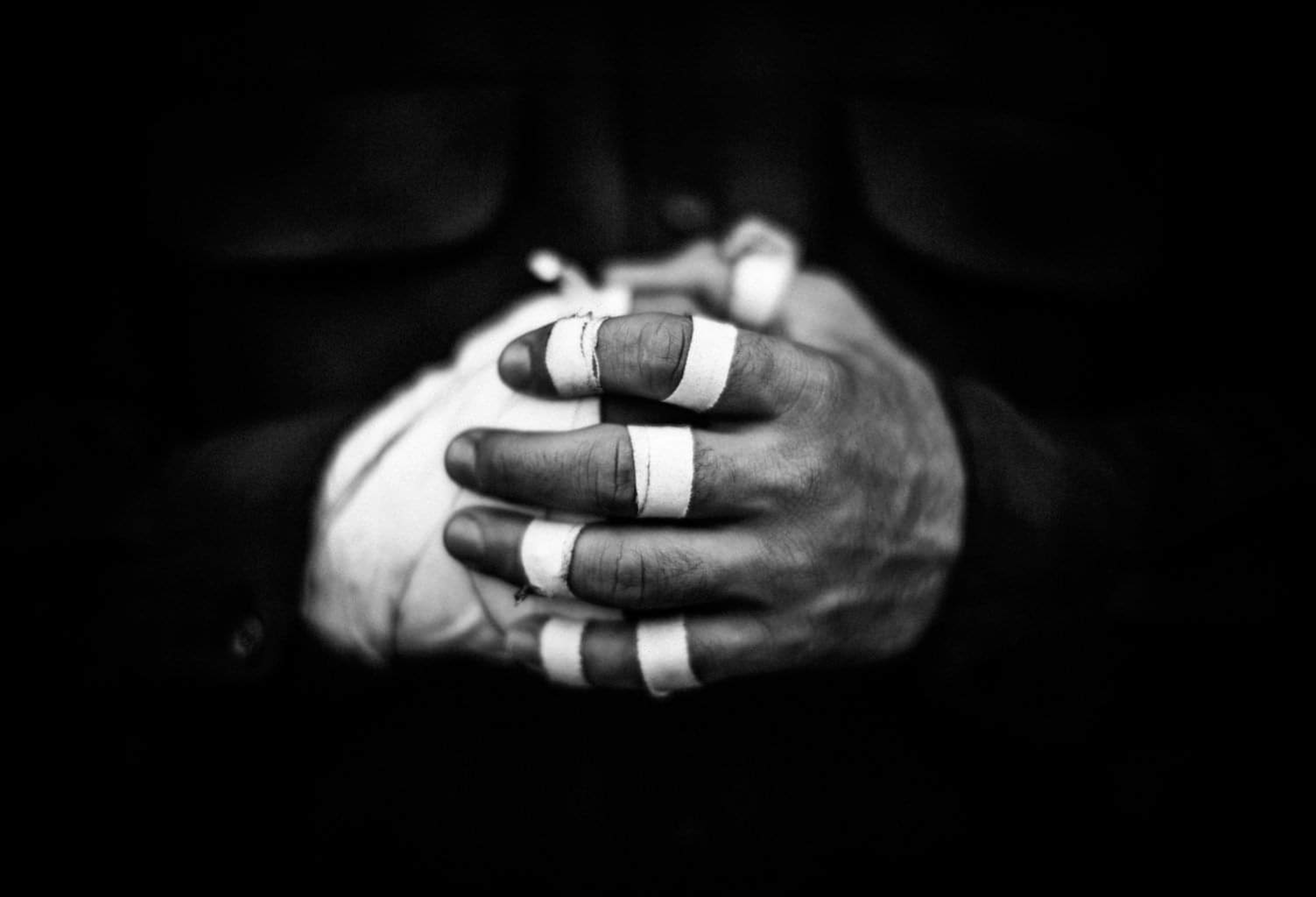WHAT IS BJJ (Brazilian Jiu Jitsu)?
Brazilian Jiu-Jitsu (BJJ) is a martial art and combat sport that focuses on ground fighting and submission grappling. It evolved from traditional Japanese Jiu-Jitsu and Judo and was further developed in Brazil by the Gracie family, particularly Carlos and Helio Gracie. Here are some key aspects of Brazilian Jiu-Jitsu:
Techniques: BJJ emphasizes techniques that allow a smaller, weaker person to control and submit a larger, stronger opponent. These techniques include joint locks, chokes, and positional control.
Training and Sparring: Training in BJJ typically involves drilling techniques and live sparring, also known as "rolling." This practical application allows practitioners to test and refine their skills in a controlled environment.
Self-Defense: BJJ is highly effective for self-defense because it teaches how to handle real-life altercations, particularly those that end up on the ground. It focuses on neutralizing threats through leverage and technique rather than brute strength.
Physical Benefits: Practicing BJJ provides a full-body workout, improving cardiovascular health, strength, flexibility, and coordination. It's also known for its positive impact on mental health, as it requires focus, strategy, and resilience.
Ranking System: BJJ uses a belt system to signify a practitioner's level of proficiency. The typical progression is white, blue, purple, brown, and black belts, with each rank requiring significant time and dedication to achieve.
Community and Culture: BJJ has a strong community aspect, with practitioners often forming close bonds with their training partners and instructors. The culture emphasizes respect, discipline, and continuous learning.
Competitions: BJJ is a competitive sport with various tournaments held worldwide. These competitions are divided by weight class and skill level, allowing practitioners to test themselves against others of similar experience.
Influence on MMA: BJJ has had a significant impact on mixed martial arts (MMA). Many successful MMA fighters have a strong background in BJJ, using its techniques to dominate opponents on the ground.
Overall, Brazilian Jiu-Jitsu is valued not only for its effectiveness in combat but also for its benefits in physical fitness, mental discipline, and personal development.



